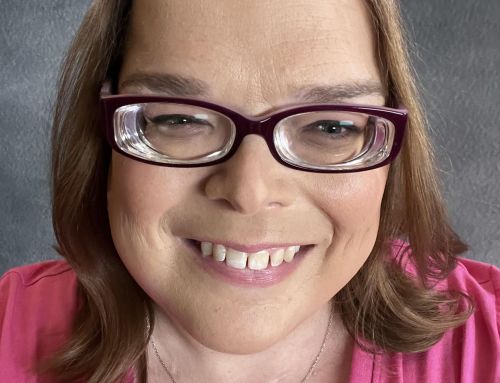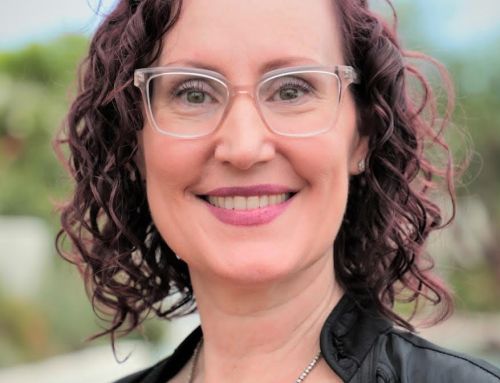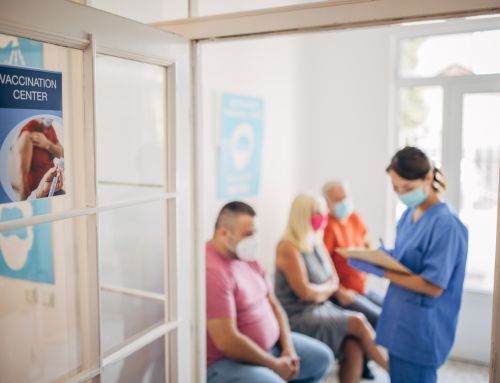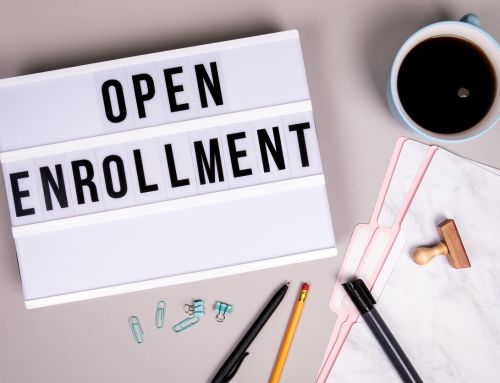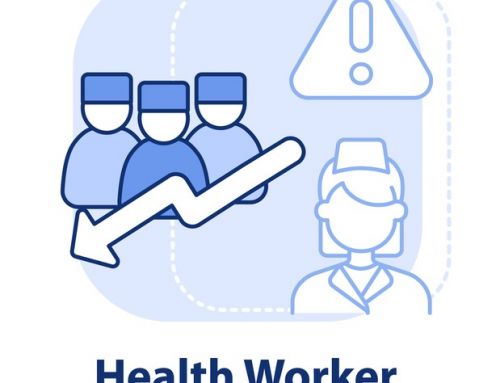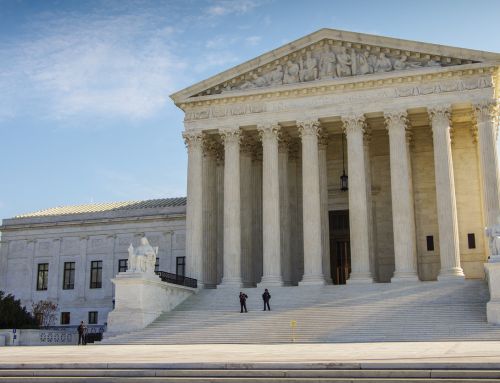Hon. Johnny Isakson
Hon. Mark Warner
United States Senate
Washington, DC 20510
Re: Comments to the Chronic Care Working Group
Dear Senators Isakson and Warner:
As America’s largest patient-led organization representing persons with end-stage renal disease, with over 28,000 members, Dialysis Patient Citizens (DPC) works to improve quality of life for dialysis patients through education and advocacy. We are grateful to the Working Group for its focus on how chronic illness care could be improved for patients with ESRD. As you know, ESRD patients represent a small portion of Medicare beneficiaries but a disproportionately large percentage of Medicare expenditures. Much of these costs are due to complications of ESRD that could be preventable with increased care coordination.
While the past 40 years have seen great progress in the technology and medical knowledge available to treat ESRD, payment and service delivery under Fee-for-Service Medicare remain as fragmented and siloed as they were when it began covering dialysis in 1973. Below we discuss one option the Working Group identified to address this, and also bring to your attention another option that has been developed since your deliberations began.
The Medicare Advantage Program.
We are most pleased by the report’s inclusion of allowing beneficiaries with ESRD to enroll in Medicare Advantage as an option for further consideration. In placing this issue on the congressional agenda, the working group will spur stakeholders outside the kidney community to weigh in on its pros and cons and express concerns related to its implementation. We invite the working group to share with us any comments that we should address, and if possible, to facilitate discussions among interested parties to build a consensus on how best to achieve this.
The working group has solicited input into how payments to health plans should be adjusted to ensure budget neutrality. We respectfully request that we be excused from recommending a specific payment methodology given the longstanding controversy that has surrounded such issues. Suffice it to say that various proposals have been offered to adjust payments to plans, and efforts to test them through demonstrations have been met with opposition. We suggest that CMS be mandated to produce a Report to Congress setting forth options for budget-neutral payments, as well as laying out other potential implementation issues and options for addressing them.
The working group has also requested feedback on quality measures that would “ensure that ESRD beneficiaries would have the information to make an informed choice when deciding whether to enroll in a MA plan.” Our support for opening MA enrollment to ESRD beneficiaries is premised on the idea that health plans can “do well by doing good;” that is, that they can profit by keeping patients healthy and out of the hospital. We believe that beneficiaries (and SHIP personnel who we presume will assist them in making choices) must have access to information that verifies that a given health plan will pursue such a business model. In the long run this includes outcome measures such as mortality and functional status, as well as patient experience survey results. In the immediate sense, such as in an initial open enrollment period, it may be more important to have information on cost sharing for dialysis (e.g., does the plan waive co-payments or coinsurance for dialysis to incentivize adherence), does the plan employ case managers with expertise in nephrology, do plan providers share performance risk, and does the plan employ best practices shown to work in the Special Needs Plans that specialize in ESRD care? Again, this is an issue that can be referred to CMS to make more specific recommendations in a Report to Congress.
Finally, we support permanent authorization of Special Needs Plans for ESRD beneficiaries. As the working group report notes, the uncertainty surrounding C-SNPs’ future discourages further expansion of this model to new sites beyond the very limited geographic areas currently served.
Dialysis Patients Support Integrated Care for ESRD Demonstration.
Several Members of Congress, in collaboration with the kidney care community, are exploring legislation to mandate an Integrated Care for ESRD demonstration. Dialysis Patient Citizens supports this concept and urges the Working Group to include this proposed payment and delivery system model in any legislation that emerges.
The Integrated Care for ESRD concept shares several features with Senator Wyden’s proposal for a Better Care, Lower Cost Act in that it would allow health plans and groups of providers to accept capitated payments rewarding better health outcomes for Medicare enrollees with a chronic illness, specifically ESRD.
Under an Integrated Care Demonstration, providers would take on financial risk for enrolled beneficiaries by accepting a capitated payment. Needless to say, providers are not typically enthusiastic about accepting two-sided risk, so the willingness of dialysis organizations to undertake this model underlines their optimism about replicating the outcomes achieved for MA and SNP enrollees with ESRD.
An integrated care demonstration for ESRD patients should, like the Accountable Care Organization (ACO) and its ESRD-specific variant, the ESRD Seamless Care Organization
(ESCO), permit beneficiaries to opt out, and to retain their freedom of choice to see any Medicare provider.
As with ACOs, the voluntary nature of ESCO participation means that CMS must balance the goal of reducing Medicare expenditures with generous enough terms to attract providers. Providers can vote with their feet by declining the opportunity to participate in an ACO or ESCO; the program must set realistic expenditure targets, especially for later years. We are concerned that the ESCO model has generated insufficient participation, and far too few patients are enrolled in MA, SNPs or ESCOs given the promise of these care delivery models. Congress can mandate an Integrated Care demonstration that would be budget-neutral.
Conclusion
We are convinced that global payments represent the future of care for ESRD patients and for complex populations generally. We believe a successful conclusion of the Working Group’s activities must encompass legislation that takes concrete steps toward scaling up such models.
We commend Chairman Hatch and Ranking Member Wyden for initiating this important project, and thank you again for your consideration of our views. If you have any questions, please contact our Director of Government Affairs, Jackson Williams, who can be reached at jwilliams@dialysispatients.org.
Respectfully submitted,
Hrant Jamgochian
Chief Executive Officer


